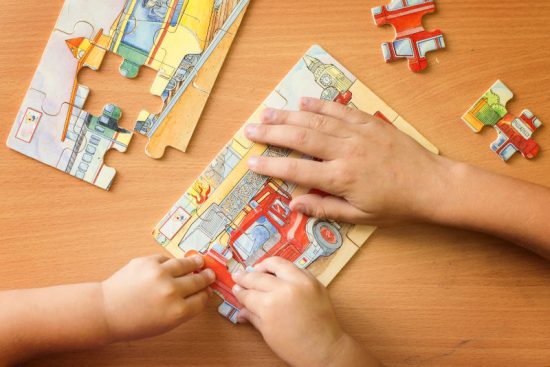
According to Parents Classes Online, there are approximately 13 million custodial parents in the US, with mothers comprising 80% and fathers 20%. Most custodial mothers have never been married, while custodial fathers are commonly divorced.
What if your child gets sick during your visitation day? An Orange County family lawyer says that your parenting agreement may include a contingency plan for your child’s illness during the timeshare day. Whenever your child is sick, you have to communicate the situation with the other parent. You will need to coordinate with your ex-spouse regarding the appropriate care and medication for your child. You are legally responsible for informing the other parent about what happens to your child during your visit.
This article will examine and help you better understand the legal process involved in obtaining full custody of your child.
Understand the Legal Criteria for Full Custody
Courts usually decide what is best for a child, factoring in emotional and physical safety and the ability to raise that child in a caring space. The courts will take into account how much time one spends with the child in daily activities and important decisions.
How will you get full custody of your child as a mother? As a mother, you must demonstrate that your child wants to live with you to have a better chance of obtaining full custody. You might be asked to provide evidence of your ability to meet your child’s physical, emotional, and developmental needs. Prepare to present evidence that demonstrates the other parents’ inability to manage child custody.
Another factor influencing your chances of obtaining full custody is your and your ex-partner’s respective living arrangements, financial issues, and psychological issues, such as neglect or abuse. The court will look at how well each parent supports and fosters the child’s relationship with the other parent.
Document Your Parenting Involvement and Stability
If you want to get full custody, you must keep a record of your engagement with and provision for your child. Journal the day-to-day activities shared with them, whether mealtime, homework, or playtime. You can demonstrate active participation in your child’s life by attending key milestones and events such as school performances and medical checkups.

Maintaining stability at home can have a significant impact on obtaining full custody of your child. Present evidence that will clearly show your intent to provide a nurturing environment for your child. Document any changes or routines you put into place, such as specific bedtimes or family meals.
Teachers, family members, or friends can testify for you regarding your skills and presence as a parent. Their statements can help solidify your case for gaining full custody.
Communicate Effectively With the Other Parent
To make the custody process easier, prioritize your child’s needs when speaking to the other parent.
Be respectful and civil in all interactions, whether personal or virtual. Instead of arguing about points of conflict, try to bring the discussion toward the goal of facilitating favorable conditions for your child. Maintain your composure during arguments and focus on finding solutions rather than problems.
To encourage your child to have a healthy co-parenting relationship, try to maintain a positive relationship with the other parent to the greatest extent possible.
Seek Professional Guidance and Support
Request legal assistance from a family law attorney to prepare for custody and other related issues and procedures. Consult a child psychologist or counselor to discuss your child’s emotional needs and suggest ways to promote a healthy environment.

There are support groups for parents in similar situations that will help you with emotional support and practical support.
Prioritize Your Child’s Best Interests at All Times
Your child’s welfare during custody proceedings must always be your primary focus. Decisions involving education, health care, or daily life should be centered on a child’s best interests.
As a parent, the court will see that you take the matter seriously by understanding your child emotionally and physically. Your child would feel secure as you provide stability and peace in their life. You must also allow your child to express their emotions and needs without putting them under stress.




